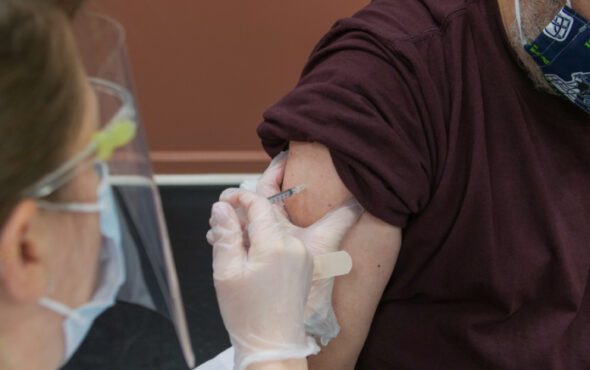
Three potential HIV vaccines developed by Moderna have entered clinical trials, the National Institutes of Health (NIH) has confirmed.
Phase 1 will evaluate the experimental vaccines with up to 108 HIV-negative human volunteers aged 18 to 55.
The trial, called HVTN 302, will be conducted by the HIV Vaccine Trials Network (HVTN) and each participant will receive three doses of one of the vaccines.
Taking place across 11 sites in the US, those involved will be split into three groups to test the safety effectiveness of each one.
The experimental vaccines are based on messenger RNA (mRNA) technology, which was also used in Moderna’s highly effective COVID-19 vaccine, and helps the body make proteins that trigger immune responses.
“Finding an HIV vaccine has proven to be a daunting scientific challenge,” explained Anthony S. Fauci, M.D. NIAID director. “With the success of safe and highly effective COVID-19 vaccines, we have an exciting opportunity to learn whether mRNA technology can achieve similar results against HIV infection.”
Scientists will be studying whether or not these vaccines can effectively protect someone from the HIV spike protein, which is what allows it to get into healthy cells and spread around the body.
NIAID is sponsoring the study, and the NIAID-funded HVTN, based at Fred Hutchinson Cancer Research Center in Seattle, is conducting the trial.
It marks the second HIV vaccine trial initiated by Moderna in 2022 alone.
The clinical trial is expected to be completed by July 2023.



